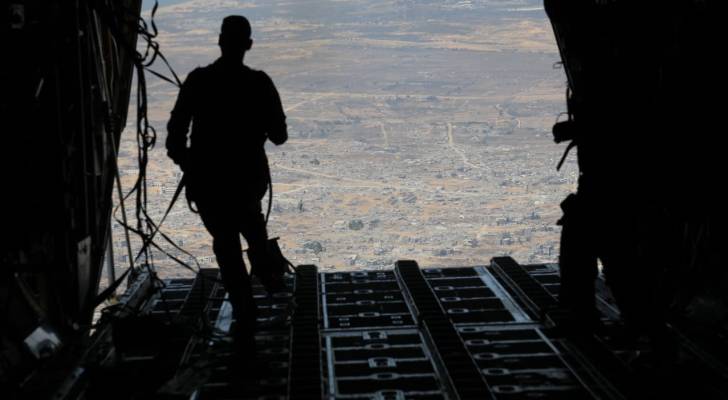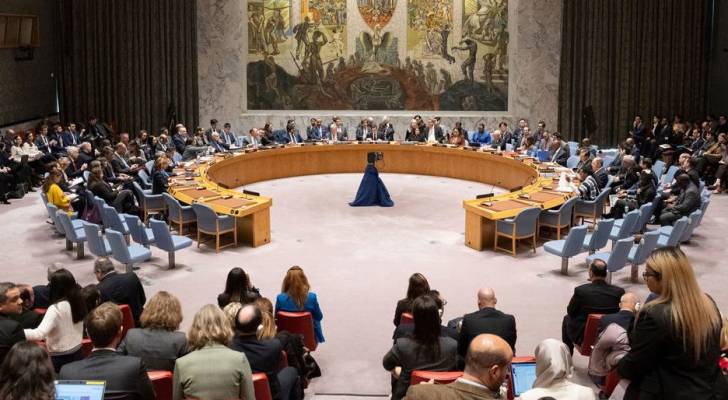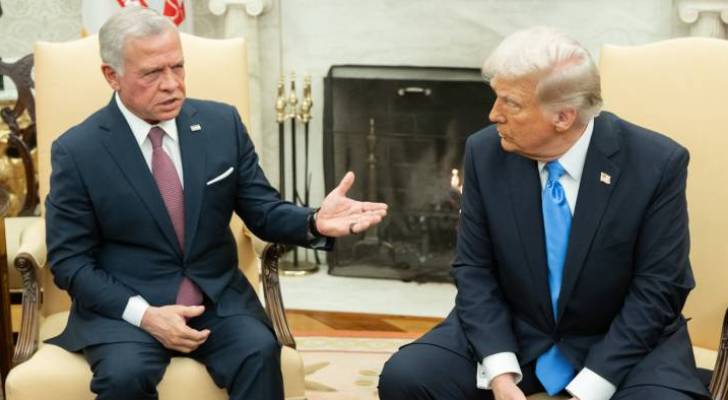Home, care, and a future: The SOS Children’s Villages Jordan model
The Jordan Times
AMMAN — “It’s a rhythm of everyday life,” says Rana AlZoubi, Country Director of SOS Children’s Villages Jordan. “Simple, comforting, and full of the small moments that make a house feel like home.”
From the morning farewell of “Allah maak” to family dinners and sibling squabbles, the atmosphere at SOS Children’s Villages in Jordan offers a sense of normalcy and warmth often absent from conventional care settings.
Founded in 1983, SOS Children’s Villages Jordan has provided care for children who have lost or are at risk of losing parental care. With villages in Amman, Irbid, and Aqaba, the organisation supports children in family homes, youth houses, and community houses.
The association also runs a Family Strengthening Programme, safe shelters for survivors of violence, and initiatives to prevent family separation. Its guiding principle is not just to provide shelter, but to create lasting belonging.
More than shelter: A family-like care model
“What sets us apart,” AlZoubi told The Jordan Times, “is our Family-like Care approach.” In these family homes, children are raised alongside siblings and a dedicated caregiver—someone who provides not only supervision, but emotional consistency and structure.
This model, grounded in child rights and backed by eight pillars of wellbeing, includes education, health, food security, social inclusion, and emotional development.
“It’s not an institution,” AlZoubi emphasised. “It’s a home, where children are seen, heard, and supported through every aspect of their growth.”
From trauma to transformation
Many of the children entering SOS care have experienced loss, trauma, or instability.
According to Areej AlKhateeb, Fundraising and Communications Director at SOS Children’s Villages Jordan, every child receives a personalised Individual Development Plan (IDP), shaped by a multidisciplinary team—including psychologists, educators, and caregivers—with input from the child. “Children should have a voice in shaping their own journey,” she said.
Caregivers, often referred to as "alternative mothers", are selected based on emotional intelligence and dedication, and undergo rigorous training in child development, trauma-informed care, and positive parenting. This ongoing training ensures that children receive the kind of patient, nurturing support essential to healing.
A typical day: ‘like any other home’
A day in the life of a child in their care mirrors family life in every way—from school runs and meals to homework and playtime. After school, children gather around home-cooked meals, attend tutoring, sport, art or music classes, and end their day with family conversations or movie nights. “Sometimes, like in any family, there are little fights too,” AlZoubi noted. “It’s part of learning to live together.”
This environment, she explains, builds the foundation for emotional security, independence, and resilience, essential tools for adulthood.
From care to leadership: Hussein’s story
The impact of this model becomes evident in stories like that of Hussein, who entered SOS Aqaba as a toddler. After graduating with a degree in energy engineering from a top Jordanian university, Hussein became a youth advocate, representing SOS at international conferences, founding the SOS Jordan Youth Council, and mentoring younger peers.
“I was told once that I was too young to understand,” Hussein recalled. “But now, I teach leaders how to listen.” His journey embodies SOS Jordan’s mission—not just to protect children, but to empower them to lead and give back.
Preparing for independence
Support doesn’t end when children turn 18. SOS Children’s Villages Jordan provides a structured transition through youth houses, life skills programmes, and mentorship schemes. Young people take on responsibilities such as managing finances and pursuing higher education, while still receiving guidance. Many go on to become volunteers, professionals, and advocates.
Youth voices are actively encouraged. Children as young as six participate in the SOS Children’s Parliament, while teenagers lead advocacy campaigns on issues like legal reform and proof of lineage.
Community support and public engagement
The organisation is funded through a mix of individual donors, private sector partnerships, institutional grants, government support, and international contributions. “Every contribution, no matter how small, carries lasting value,” said AlKhateeb.
The public can support SOS Children’s Village Jordan through donations—including Zakat and Sadaqah, as permitted by formal fatwas—volunteering, or simply by spreading awareness. “This isn’t one-sided giving,” she added. “It’s a human connection that transforms everyone involved.”
A Jordanian model leading the world
In June 2025, Rana AlZoubi was elected Chair of the General Assembly of SOS Children’s Villages International—the first Arab woman and first person overall to hold the role. Her election reflects not just personal achievement, but the organisation’s growing influence in shaping global child protection policies.
With a model rooted in compassion, structure, and dignity, SOS Children’s Villages Jordan continues to redefine what it means to care for children growing up without parental care —not through charity, but through community, rights, and love.
As AlZoubi puts it: “We’re not just raising children — we’re raising the leaders of tomorrow.”
Latest News
-
 Jordan carries out two more Gaza aid airdrops, with UAE participation
Jordan carries out two more Gaza aid airdrops, with UAE participation
-
 Trump: I spoke with Netanyahu, working on plans for Gaza
Trump: I spoke with Netanyahu, working on plans for Gaza
-
 Two-state solution back in focus at UN peace summit
Two-state solution back in focus at UN peace summit
-
 Jordan to continue Gaza aid efforts, rejects skepticism: spokesman
Jordan to continue Gaza aid efforts, rejects skepticism: spokesman
-
 King, in call with Trump, discusses regional developments
King, in call with Trump, discusses regional developments